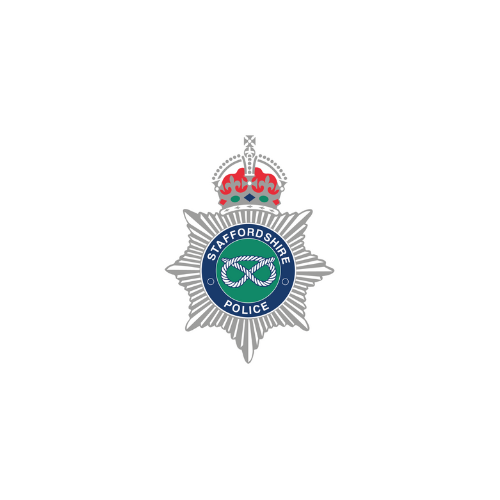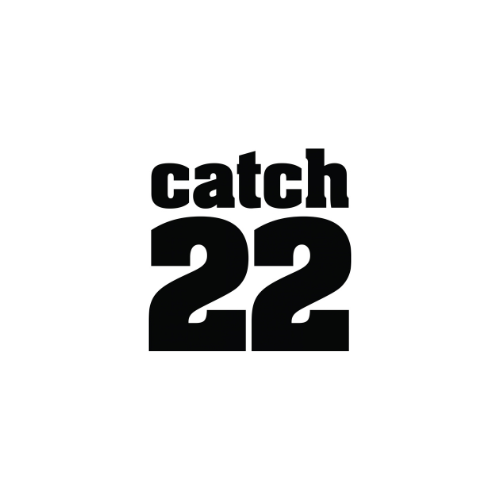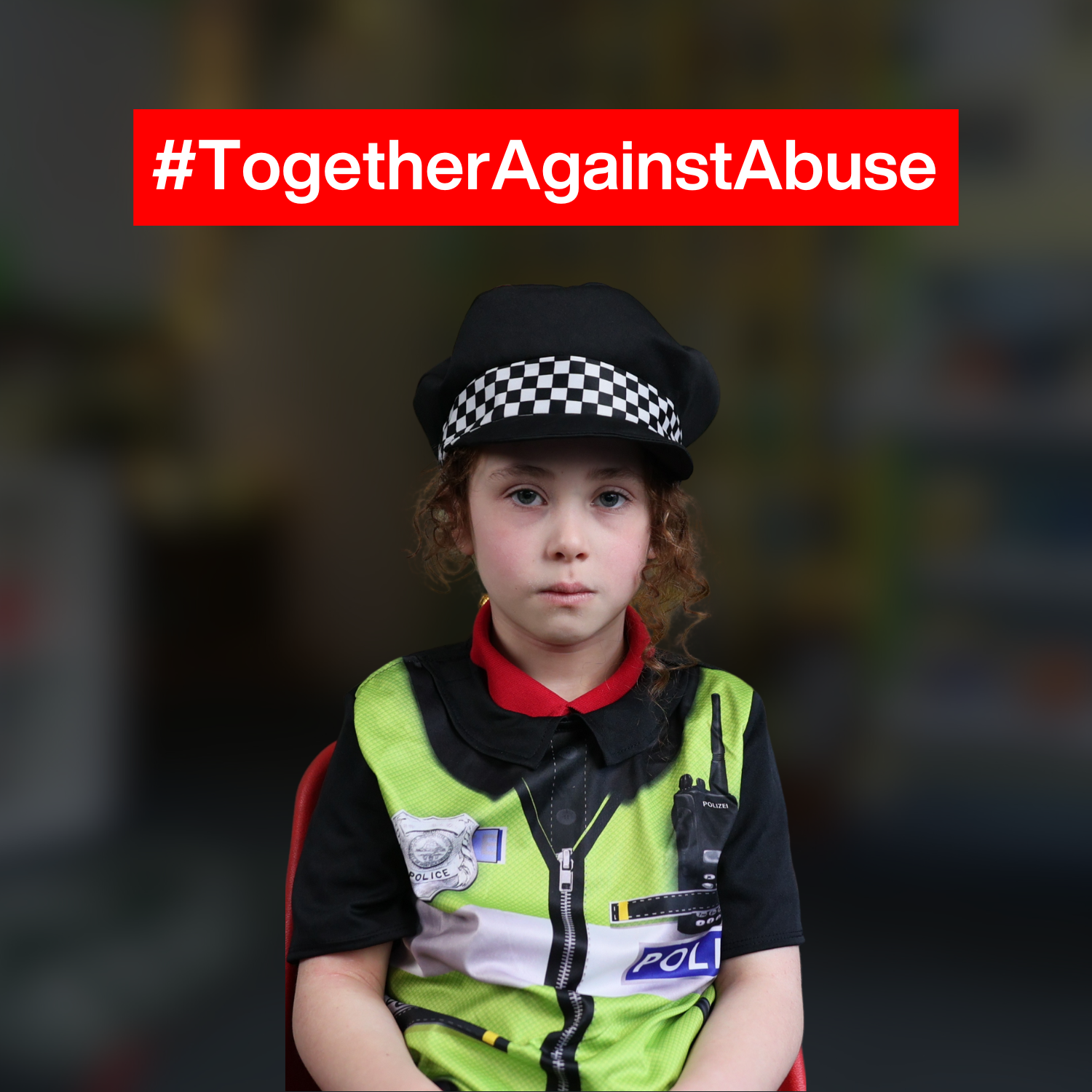“I wanted to be a gangster.” These are the words of *Anthony, a former young offender and victim of child criminal exploitation (CCE) here in Staffordshire. He agreed to speak …
Virtual Reality
The Violence Reduction Alliance (VRA) is using Virtual Reality to help educate children and young people on the risks and consequences of carrying a knife and being involved in illegal activity.
Virtual Reality
The VRA is using Virtual Reality (VR) to help educate children and young people across Staffordshire and Stoke-on-Trent.
Virtual_Decisions
The VRA has purchased two VR PSHE (Personal, Social, Health and Economic) programmes to help educate young people on the risks and consequences of carrying a knife, gang culture, criminal exploitation and anti-social behaviour.
Developed by Round Midnight, Virtual_Decisions enables young people to make different decisions and illustrates the impact of their choices.
Participants are transformed into a VR through the use of headsets, where they are faced with a range of scenarios such as, whether to go to a park where they know there is going to be conflict.
Throughout the programmes, participants are faced with different decisions, allowing them to experience the potential consequences of being involved in criminal activity, without the dangers of the real world.
Following the VR experience, participants are then invited to take part in a number of workshops and drama exercises to discuss the issues raised. The curriculum has been designed to educate young people on topics such as, empathy and the impact of their choices.
Through these workshops, young people are able to reflect on their own personal journey within the VR and compare it to that of others, making it a user-led and user-shared experience.
Advice for young people on knife crime
What are the consequences?
Potential consequences of carrying a knife include:
- Being arrested – police can stop and search someone if they believe a weapon is being carried
- Prosecution – regardless of whether you say it was for your own protection or you were carrying it for someone else
- Prison – sentences of up to four years are given for possession of a knife OR if you stab someone and they die then a life sentence means 25 years inside
- A criminal record – this can stop you getting in to college, university, getting a job or travelling to countries like the USA or Australia
- Death – you could get seriously injured, killed or kill somebody else – resulting in a life sentence in prison.
I’m being pressured to carry a knife. What can I do?
- You should never let anybody pressure you into doing something you don’t want to. Consider whether those you surround yourself with are having a positive impact on your life
- If you think you may be pressured into carrying a knife, try to think of a way to say no before you are put on the spot – it could save your life
- Try to stay away from situations that you know are likely to result in conflict or violence
- Find positive things to do which will help you avoid dangerous situation. This will also help you meet others who don’t carry
Help and Support
If you are worried about a friend, being pressured into carrying a knife or are in a situation that you feel uncomfortable, you can get advice from independent agencies. When you contact them you do not have to give your personal details or information.
Staffordshire Youth Offending Prevention Service
If you believe you, or somebody else, is in immediate danger always dial 999.
Advice for parents and carers
Knife Crime
Signs your child may be carrying a knife
- Withdrawn from family and school
- Change in behaviour
- Skipping school
- Sudden change in friendship groups
- Staying out late
- Being secretive and defensive, particularly about what may be in their bag or bedroom
- Missing kitchen knives
Who can I call for help?
If you are worried about a child and wish to make a referral, please visit the below safeguarding website relevant to your local authority:
If you believe somebody is in immediate danger always dial 999.
Alternatively, if you wish to give information anonymously visit the CrimeStoppers website below.
County Lines
What is County Lines?
County Lines is a form of criminal exploitation. Criminals befriend children, both online and offline, and then manipulate them into drug dealing.
Dedicated mobile phone lines are used to control the young person when delivering drugs, often outside their home county.
Signs a child may be being exploited
- Skipping school
- Staying out late or overnight
- Unexplained gifts or new possessions
- Using drugs and drinking alcohol
- Friendships or relationships with older adults
- Inappropriate or sexualised behaviour
- Being secretive
- Changes in appearance (clothes, hygiene, etc.)
- Significant changes in mood or behaviour
- Youth offending behaviour, getting into trouble with the police, or involvement in youth justice system
- Becoming withdrawn or isolated
- Poor mental health e.g. self-harm
- Excessive time spent on social media talking to ‘friends’ they haven’t met
- Recurrent STIs
Further advice
If you are worried about a child and wish to make a referral, please visit the below safeguarding website relevant to your local authority:
Help and Support available to you
Visit our Support page for further information and advice on where to go for support.
Campaigns
We are taking a partnership and inclusion approach to bringing about positive changes in communities throughout Staffordshire & Stoke-on-Trent. These projects are created or selected based on understanding and needs of local communities, brought by those who are living and working within them.
Latest News
From today, (Friday 1 August), ninja swords across England and Wales have been banned and the law around ownership change. Under the Criminal Justice Act 1988 (Offensive Weapons) (Amendment, Surrender …
Over 200 children at risk of, or victims of, Child Criminal Exploitation were supported last year by the Catch22 service, commissioned by the Staffordshire Commissioner’s Office. A further 169 parents …
The Staffordshire and Stoke-on-Trent Violence Reduction Alliance (VRA) has launched a new campaign to tackle violence against frontline workers across the City and County. Developed in partnership with Staffordshire Police, …


